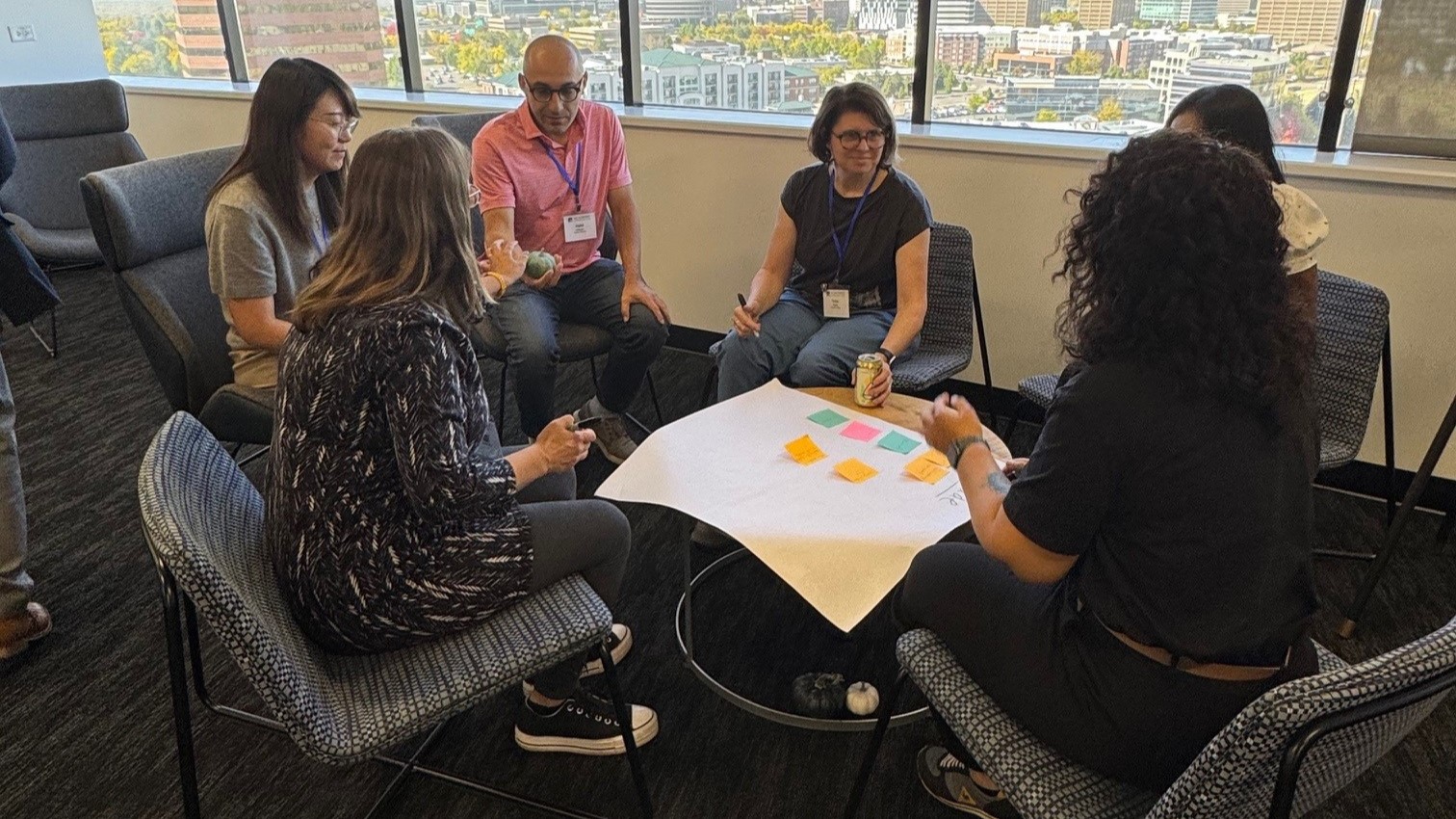Grow your skillset in managing the difficult people who can make leadership so hard.
Overview
Join us for a hands-on workshop on managing challenging team behaviors with the EM & EM model. You'll learn four structured steps to engage, set expectations, address non-compliance, and protect team dynamics. Tailored for the complexities of higher ed—tenure, unions, and leadership layers—this session offers practical strategies for real-world challenges.
Bring your toughest cases and practice essential conversations with peers. Leave with a customized intervention plan and the confidence to handle difficult discussions with ease.


Learn the EM & EM Model
Jeanne Hey’s EM & EM model has helped hundreds of higher education professionals to manage difficult members of their teams. We’ll cover her scaffolded model, taking you from engagement to minimization. Through time to reflect on your own situation and role-plays involving common cases, you’ll master:
- Engagement – in this first step, you’ll learn how to clearly articulate the problem your difficult person faces, actively listen, acknowledge other perspectives, set standards and expectations for behavioral change, and schedule a follow-up with continued support.
- Management – should engagement not resolve your situation, you’ll strategize how to rearticulate the problem with a stronger emphasis on expectations, building upon the methods employed during engagement.
- Enforcement – if engagement and management fail to address performance or conduct, the final chance for behavior change is enforcement. This requires you to establish expectations and consequences for non-compliance, involving Human Resources if needed. You’ll learn how to develop a behavior modification plan, facilitate a formal meeting to address your concerns, and document the process.
- Minimization – the final step in the model is minimization, only to be used in situations where you cannot take effective disciplinary action. You’ll learn how to minimize or remove the impact of the negative conduct in question on others, and when it may be appropriate to do so.
Who Should Attend
This program is aimed at supervisors, managers, and leaders from all levels in higher education, including but not limited to associate directors, directors, department chairs, deans, associate deans, vice presidents, and associate vice presidents. Perhaps you are:
- A department chair with an assistant professor trying to make tenure who’s fully focused on research and neglecting their teaching duties.
- A dean facing a faculty member who disrupts meetings to vent about a policy which they encourage others to disregard.
- A director or AVP with a longstanding team member who consistently undermines efforts to innovate or change.
- A vice president with a direct report who is bullying others, although not necessarily violating policy.
No matter where you work on campus, if you’re looking for new strategies to help you gain confidence in communicating with your most challenging team members, this conference is for you.
Bring a team! Register 3 or more people and save more than $1,000! Discounts will be automatically applied at checkout.
Previous Attendee Breakdown

Speaker

Jeanne A.K. Hey, PhD
Leadership Development Specialist
What makes our events different?
Academic Impressions conferences provide the opportunity for quality conversations and relationship-building through both formal and informal networking opportunities in an intimate setting. Our in-depth and hands-on approach to learning provides you with actionable takeaways.
Learn More About the Academic Impressions Conference Experience ➞
What Our Attendees Are Saying
“This conference and topic material is immediately applicable, and I wish I would have attended closer to the start of my administrative leadership role. Fantastic experience and it meets a critical need for me.”
– Rusty Gosz, University of Idaho Extension Program Director
“Jeanne Hey’s EM & EM Model for dealing with difficult employees in academia helps to clarify a strategy for dealing with difficult Faculty & Staff. I plan to employ the insights and strategies we learned in this workshop immediately by establishing a consistent methodology for the supervisors at my institution. Thank you to Jeanne and the Academic Impressions team for providing such a useful and enjoyable learning environment!”
– Linda DeButts, Program Manager of Professional Development-HR, Brookdale Community College
Pricing
March 11 - April 1, 2025
Online
Starting at:
- Member Price: $2,845/person
- Non-Member Price: $2,995/person
July 10-11, 2025
Oakland, CA
Starting at:
- Member Price: $2,245/person
- Non-Member Price: $2,495/person
- Team Discount: $2,000/person (for 3 or more)
Questions About the Event?

Sarah Adams
Senior Product Experience Manager, Academic Impressions

